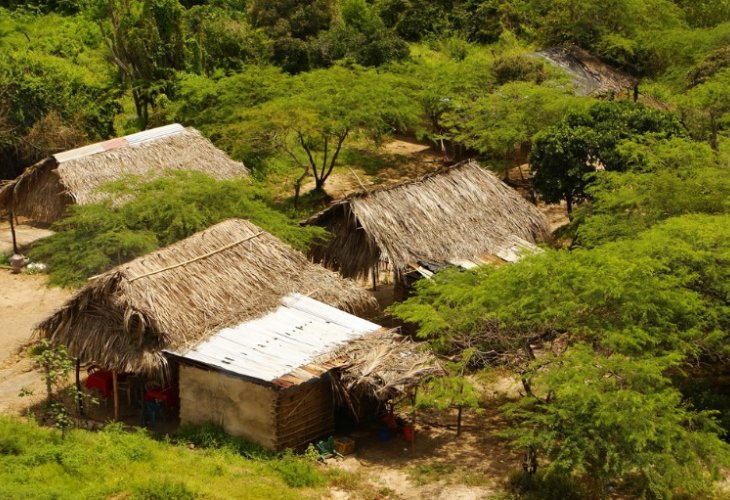People with the Healthiest Hearts in the World Live in the Amazon Rainforest
An indigenous Amazon tribe knows little about heart diseases. A new study examines their lifestyle and offers insights.
 Indigenous tribes in the Amazon rainforest (photo: shutterstock)
Indigenous tribes in the Amazon rainforest (photo: shutterstock)The Tsimane tribe, a group of hunter-gatherers living in the Bolivian Amazon rainforest, have been identified as having the healthiest hearts in the world, according to a new study published in the prestigious medical journal, 'Lancet'. The researchers state that among all the populations studied to date, this tribe has the slowest cardiovascular aging, and that atherosclerosis is five times rarer than in the United States.
"Our research found that the Tsimane of South America have the lowest prevalence of atherosclerosis among any population studied so far," says Professor Hillard Kaplan, an anthropologist from the University of New Mexico who led the research. "Their lifestyle demonstrates that a diet low in saturated fats and rich in carbohydrates with high fiber, along with hunted meat and fish, non-smoking, and daily physical activity, can prevent the development of atherosclerosis. The fact that we no longer live solely on foraged and hunted food should be considered a new risk factor for cardiovascular aging, and we believe that if modern populations integrate elements of this lifestyle, they will benefit."
Considering that most of us do not live in forests nor can we hunt for a living, which elements from these indigenous people's lives can we adopt for heart health? Well, take for example the fact that members of the Tsimane tribe are only inactive for 10% of their waking hours – compared to 54% of the waking hours of populations in industrialized countries. Additionally, their diet is based on carbohydrates rich in dietary fibers, such as rice, corn, nuts, and fruits. Protein constitutes 14 percent of the diet, as does fat.
The study, an observational type, was conducted by researchers who visited 85 villages of the Tsimane tribe in the years 2015 and 2016. In all these villages, they measured the locals' risk of heart disease using CT scans of their arteries, as well as checking their weight, heart rate, blood pressure, cholesterol, blood sugar, and inflammation. Based on this data, it was found that nine out of ten tribe members were at no risk of developing heart disease, and only 3 percent were at moderate or high risk. These findings were also true for individuals aged 75 and older – an unprecedented finding for such an age group. In comparison, only 14% of Americans over the age of 45 are found in tests to have no risk of heart disease, while half of the population over that age is at moderate or high risk.
"The study shows that it is entirely possible to avoid atherosclerosis if people adopt certain elements from the Tsimane tribe's lifestyle," says Dr. Gregory Thomas, a senior cardiologist who participated in the research. "For example, one can learn from them about the importance of low levels of blood pressure and blood sugar, as well as the importance of avoiding smoking and engaging in physical activity. Most Tsimane people live their lives without ever developing atherosclerosis. This has never been found in previous studies."

